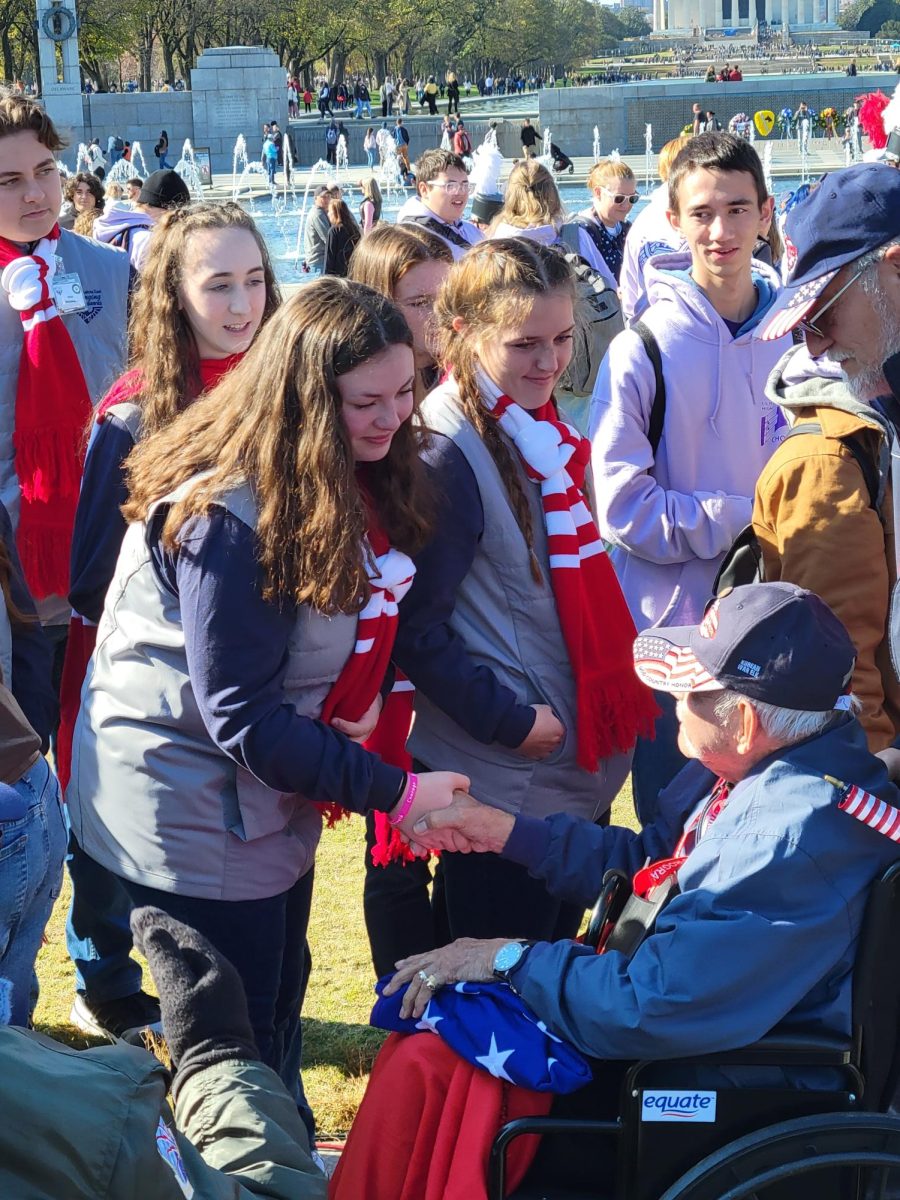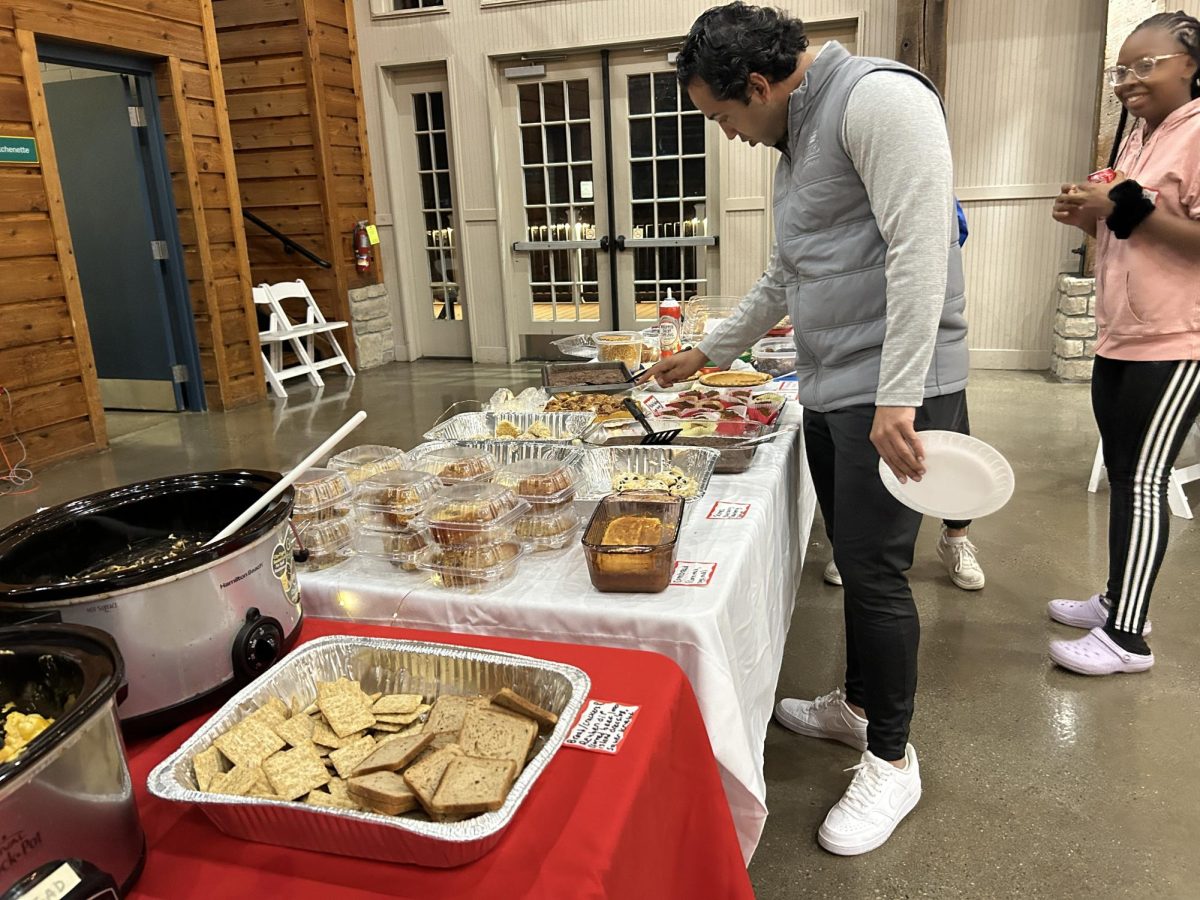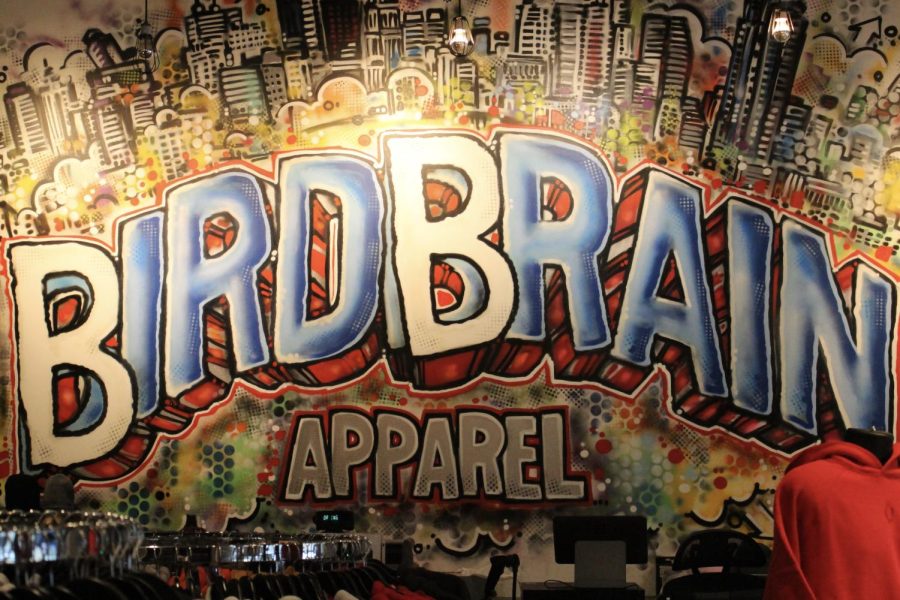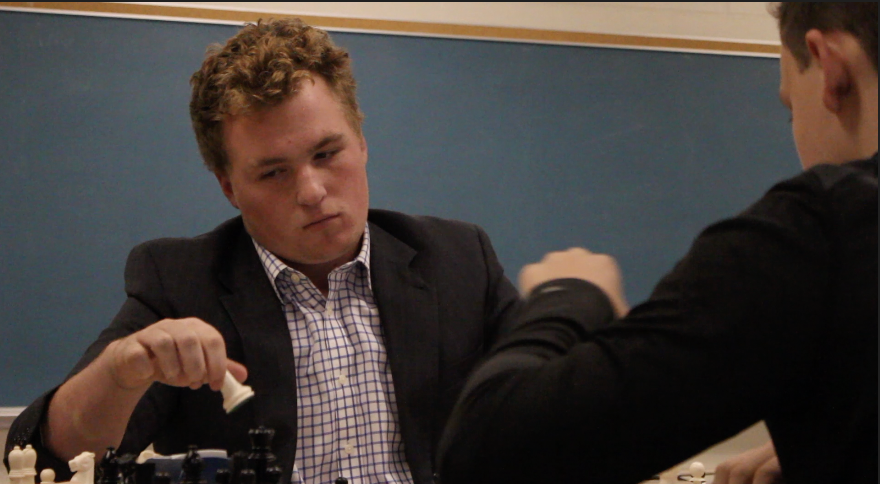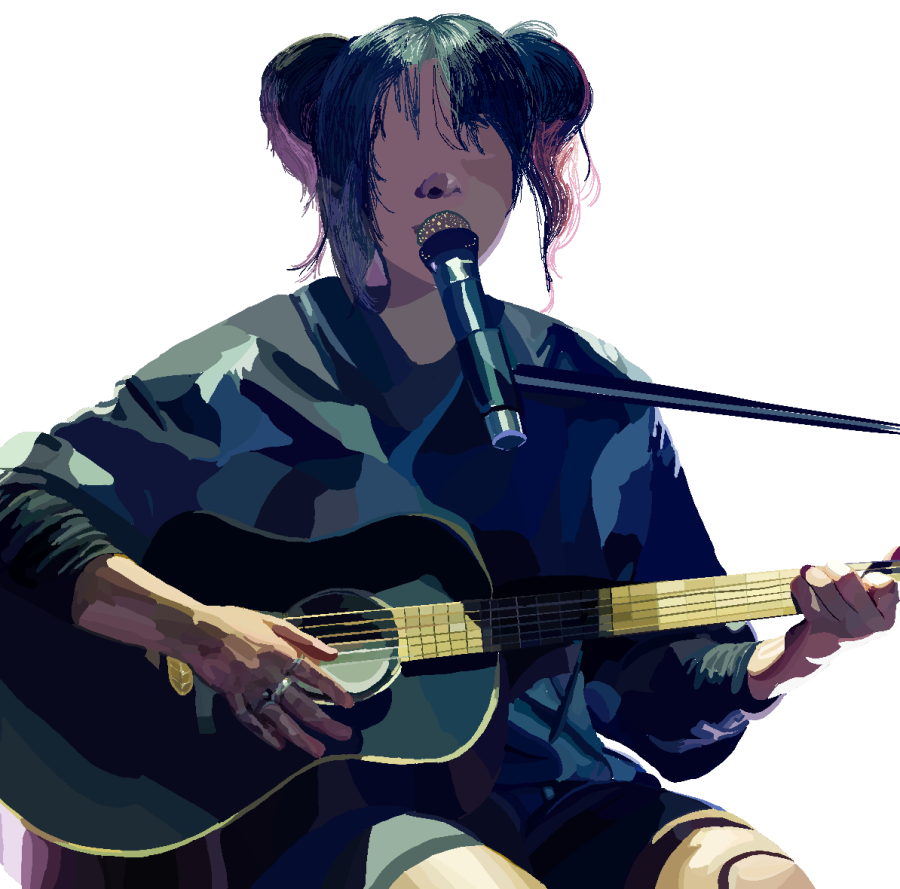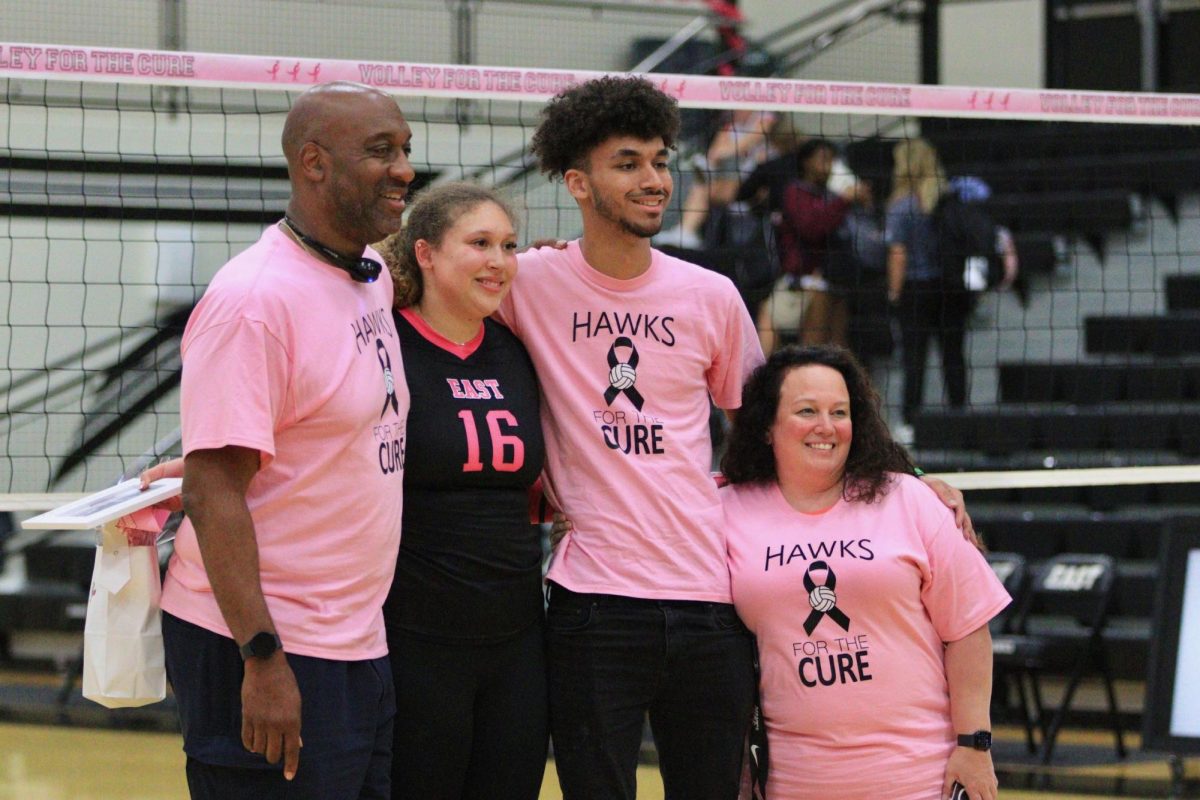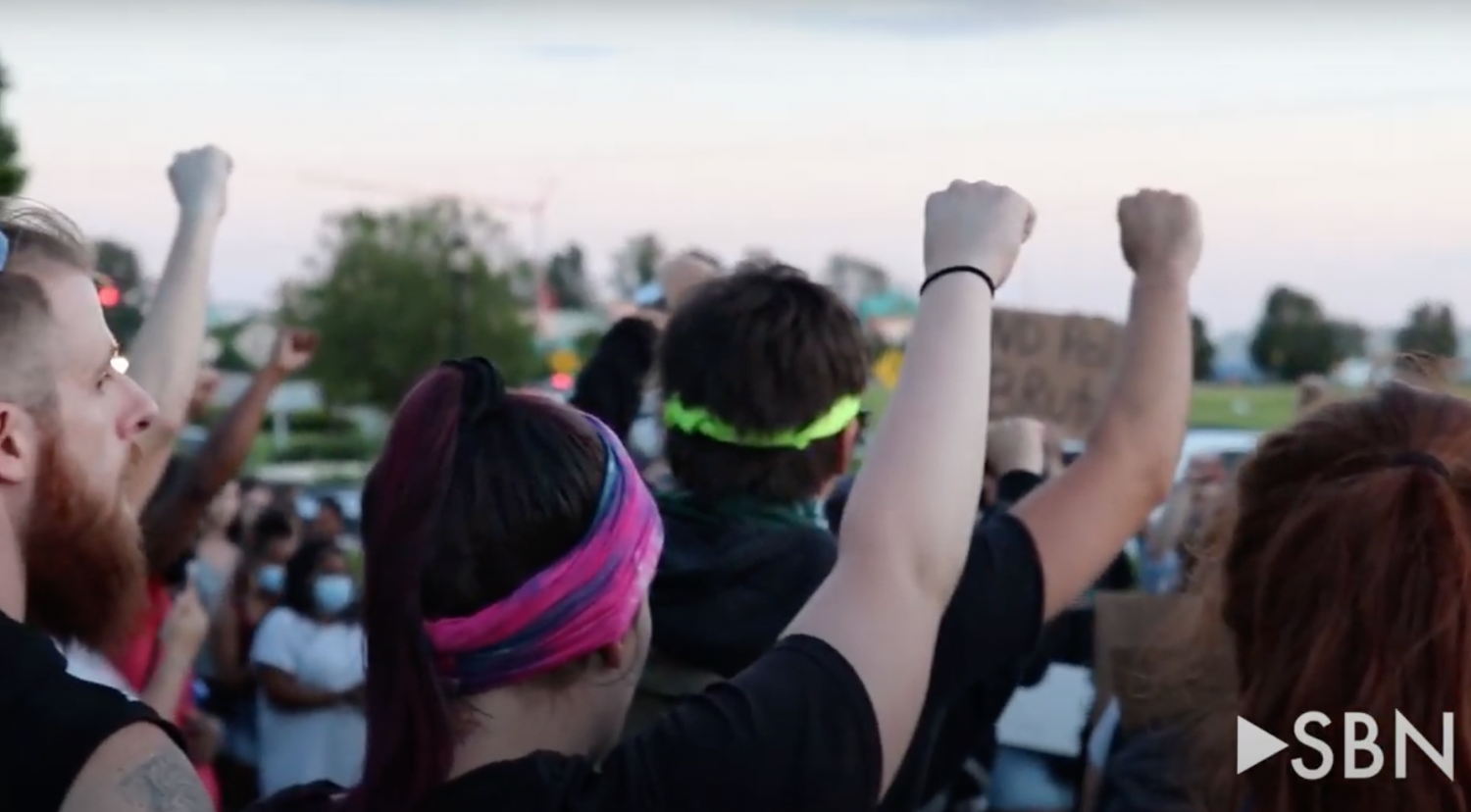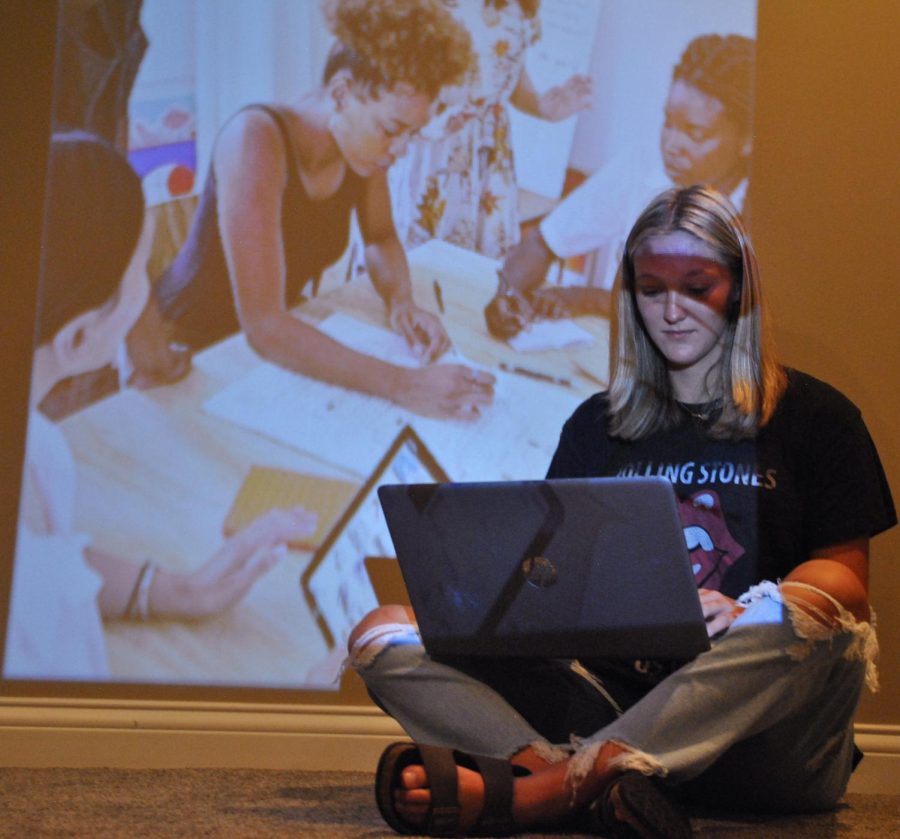story rebecca breland | art alexandra fernholz | photography fair use
The National Football League (NFL) football season ends on football fans’ biggest Sunday of the year: Superbowl Sunday. As everyone in the country waits for the best commercial breaks of the year, they get something unexpected. Upon the screen pops a Gillette advertisement with a slogan of “We Believe: The Best Men can Be,” testing the actions of men today.
The advertisement includes different scenes where characteristics typically associated with masculinity, turn into toxic behaviors such as aggression, lack of emotion, and sexual harassment.
Gillette introduced their “The Best a Man Can Get” tagline into their marketing efforts thirty years ago. Since then, the mission statement published on Gillette’s Instagram says, “[The tagline] has been an aspirational statement reflecting standards that many men strive to achieve. But we still have more work to do. And it starts today.”
The advertisement received much backlash, as many said they felt the advertisement was generalizing men. East junior Alex Bastin saw the advertisement as a good way to start the conversation about masculinity.
“The [Gillette] advertisement has a generally good concept, and did an excellent job of starting a conversation,” Bastin says. “It’s shining a light on issues [of masculinity] that are prominent in today’s society.”
University of Cincinnati Women’s, Gender, and Sexuality Studies Associate Professor Giao Tran explains what masculinity is.
“Masculinity is the standard of behavior that men feel applies to them and that cause them to act as they do,” Tran says.
Assistant Professor of Sociology at the University of Cincinnati Blue Ash, J.A. Carter explains the history of masculinity and how it has embedded itself within the culture and flow of people’s everyday lives.
“Sociological and psychological research has found that violence and aggression are core aspects of masculinity both in contemporary society and historically,” Carter says. “While we tend to associate [aggression] with [male] biology, such as testosterone, the connection between violence, aggression, and masculinity has been embedded into our culture.”
Carter says that from a young age, boys are taught what behaviors to participate in and what not to participate in such as crying. These different lessons are not only taught by experiences but come through media as well.
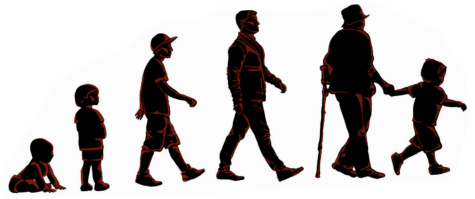
“Consider what films and television shows represent as masculine: physical dominance, sexual conquest, and suppression of emotions, like fear, sadness, insecurity,” Carter says.
The influence of media is not the sole reason masculinity can turn toxic. University of Cincinnati Women’s, Gender, and Sexuality Studies Associate Professor Lisa Hogeland believes that peer interaction can also result in a negative feedback loop.
“Masculinity becomes toxic when boys and men are rewarded for being jerks,” Hogeland says. “These boys and men develop a sense of entitlement by virtue of being the superior sex. They believe other people owe them attention, service, sex, admiration, obedience, and submission. [Those men feel] they don’t have to earn it; they assume it.”
The Gillette advertisement includes different scenes of two young boys fighting. This fighting plays into the aggression that is typically associated with the masculinity in which Carter says boys are expected to exhibit, and when they don’t, society often tells them to “Man Up.”
“Commonly heard phrases like“man up,” “boys will be boys,” “don’t act like a girl,”create a culture in which men’s violence, sexual aggression, physical dominance, suppression of emotion, and lack of empathy seem normal and natural.” –JA Carter, UC Blue Ash Assistant Professor of Sociology
Bastin believes that having this scene included in the ad is important because it sheds a light on an issue of boys not being able to express other emotions.
“Toxic masculinity just focuses on guys either expressing nothing at all, or if they are going to express something, expressing anger,” Bastin says. “This is unhealthy for our society to encourage.”
Bastin sees this at East when he is walking down the hall seeing two boys in an argument ready to fight.
“[Boys] should be allowed to express themselveswhen they’re when they’re happy when they’re sad, and the whole range of emotions instead of just anger.” –Alex Bastin, East junior
“If a guy isn’t able to adequately express how they feel to someone they dislike, it feels as though their only resort is to fight,” Bastin says. “Instead of being able to resolve conflict via communication, it turns into a physical conflict.”
According to Bastin, the issue of toxic masculinity can be helped by allowing boys to express other emotions so that they get their energy out in a healthier way.
But, as Carter says, many men have trouble expressing these other emotions as they can be teased.
“Use of teasing and slurs serves as a mechanism to police young men’s behavior,” Carter says. “Showing emotion, caring too much for a girlfriend, failing to be aggressive or make lewd comments, and presenting a lack of athletic ability, all put young men at risk of being teased and bullied.”
This kind of teasing is included in the advertisement where there is a scene of a boy crying into his mother’s arms due to bullying from other children, flooding the screen with comments such as “everyone hates you,” “you’re such a loser,” and “sissy!”
“[The policing of men’s emotions] is a sign of our culture that we don’t value boys showing the full spectrum of emotion,” Bastin says.
Bastin is a member of Hope Squad, an organization that seeks to prevent suicide through peer counseling and intervention, he sees this suppression of emotion regularly with his peers. With his role in this organization, he talks to peers constantly about their emotions and in it, he sees that the males have a harder time expressing negative emotions.
“Guys don’t want to seem weak,” Bastin says. “So instead of talking about things that are bothering them, they just kind of shove it aside and try to bolster their self-esteem.”
Bastin believes that in today’s society men’s ability to show emotion is restricted. He says that the pressure to act a certain way and bullying for not doing so hinders boys’ ability to be healthy members of our community. This is supported by Carter, who says that bullying can alter a man’s future behavior.
“Instead of being kind and empathetic, [boys] may choose to use lewd comments, sexual innuendo, and/or violence when engaging with other [boys],” Carter says.
Another prominent scene in the advertisement is set up to be during the filming of some kind of video. The character on screen grabs a woman on the bottom which is then laughed at by the live audience.
“We often see behavior [such as violence and lewd comments] as ‘boys being boys’ and hesitate to address it,” Carter says. “Which along with the more direct process of learning the behavior from other boys and men, can indirectly indicate that this is acceptable behavior.”
With the indication that these are acceptable behaviors, such as fighting and catcalling, it becomes hard to understand what the good behaviors are.
“I think that for those who don’t [subscribe] to or have not been taught [the sensitivity of masculinity], they don’t realize that, actually, sensitivity is a good thing,” Tran says.
According to Carter, phrases that are commonly heard throughout society today like “man up,” “boys will be boys,” “don’t act like a girl,” etc., create a culture in which men’s violence, sexual aggression, physical dominance, suppression of emotion, and lack of empathy seem normal and natural.
Bastin agrees with this and would like to see phrases like man up and boys will be boys taken out of our common language today.
“[The term boys will be boys] almost seems like it’s trying to justify the way boys act sometimes,” Bastin says. “In some ways, it takes away the accountability behind men’s actions.”
Young boys hear these terms and are told to “be a man” from a young age, which can quickly turn toxic. According to a study published in the Journal of Child and Adolescent Counseling, boys as young as 14-years-old suffer psychological problems from toxic masculinity.
“There is considerable pressure on boys to conform to someone else’s standards: don’t cry, don’t fail, don’t show the stress, don’t act like a girl,” Hogeland says.
The pressure to act hyper-masculine comes from many different places such as society, family, friends, and media, with some having a greater influence than others, Tran explains.
“Solving [this] will require boys to become more comfortable with a more fluid definition of masculinity. Instead of teasing or bullying a friend for showing emotion or a disinterest in sports, boys can support their friends and police those who engage in bullying.” —J.A. Carter, UC Blue Ash Assistant Professor of Sociology
“A lot of the pressure comes from society,” Tran says. “How you act and what you are allowed to do have become solidified expectations, creating a need to be the macho man.”
This immense pressure from society causes men to act certain ways, and to help solve the issue society needs to nip the problem in the bud rather than focusing on symptoms of the issue, explains Bastin.
“We need to stop rewarding boys and men for being jerks. The sentence, ‘boys will be boys’ needs to stop,” Hogeland says. “Boys need to be taught to behave better, develop empathy, and understand that they are not entitled to anyone’s anything.”
Bastin believes that not only should men be taught to behave better, but they should also be able to express emotions when they want to.
“[Boys] should be allowed to express themselves when they’re when they’re happy when they’re sad, and the whole range of emotions instead of just anger,” Bastin says.
Carter explains that when men repress their emotions, it causes major issues and that this is one of the reasons men are four times as likely to commit suicide. She believes there are things that men themselves can do.
“Solving these issues will require boys and men to become more comfortable with a more fluid definition of masculinity,” Carter says. “Instead of teasing or bullying a friend for showing emotion or a disinterest in sports, boys and young men can support their friends and instead police those who engage in bullying.”
Carter explains how supporting each other and defining their own idea of masculinity can help men to prevent the toxicity of different behaviors shown in the advertisement from becoming an issue.
“Boys and men can choose to treat women with more respect, especially in romantic and sexual relationships,” Carter says. “Girls and women can allow men to be more vulnerable in relationships and respect those boys and men who do not meet the traditional definition of masculinity.”
Though support can help to prevent the issue of toxic masculinity now, boys can also be raised differently to allow them to be more emotionally open, explains Carter. Parents can allow their male children to cry, talk about their feelings, and participate in activities and sports traditionally associated with femininity.
The is the kind of change Gillette is hoping to achieve with their advertisement is for the next generation of men. According to Gillette’s Instagram, “The men of tomorrow watch what we do today. It’s time for us all to take action.”
Though there is still much work to do Carter believes there are many things we can do to start.
“As a whole, we can support media that offer more well-rounded portrayals of men and masculinity, and reject media that glorifies violence and sexual dominance,” Carter says. “The discussion needs to be about men and boys expressing themselves in ways that aren’t aggressive, in ways that aren’t fighting, or shouting, or yelling, or whatever else.”
Bastin believes the first step in helping to combat toxic masculinity, as shown in the Gillette advertisement, is for everyone to stop any toxic behaviors they may see.
“Solving these issues should not be solely on men, but on everyone,” Bastin says. “It’s got to be a cooperative involvement of everybody calling out [toxic] behaviors.”


